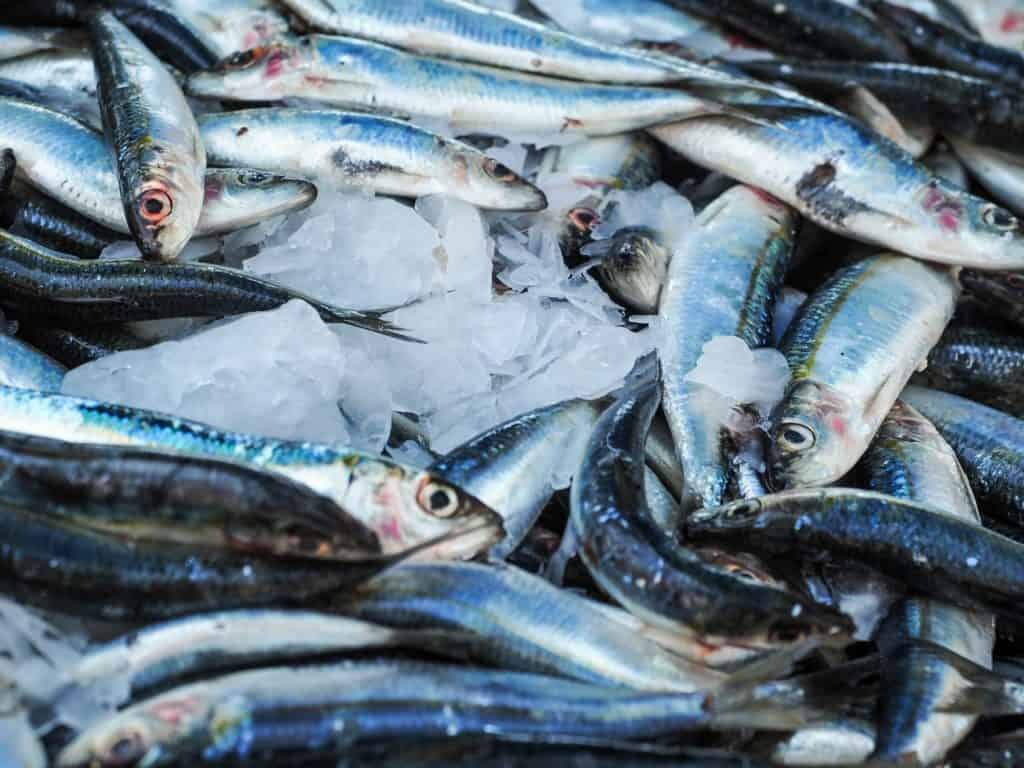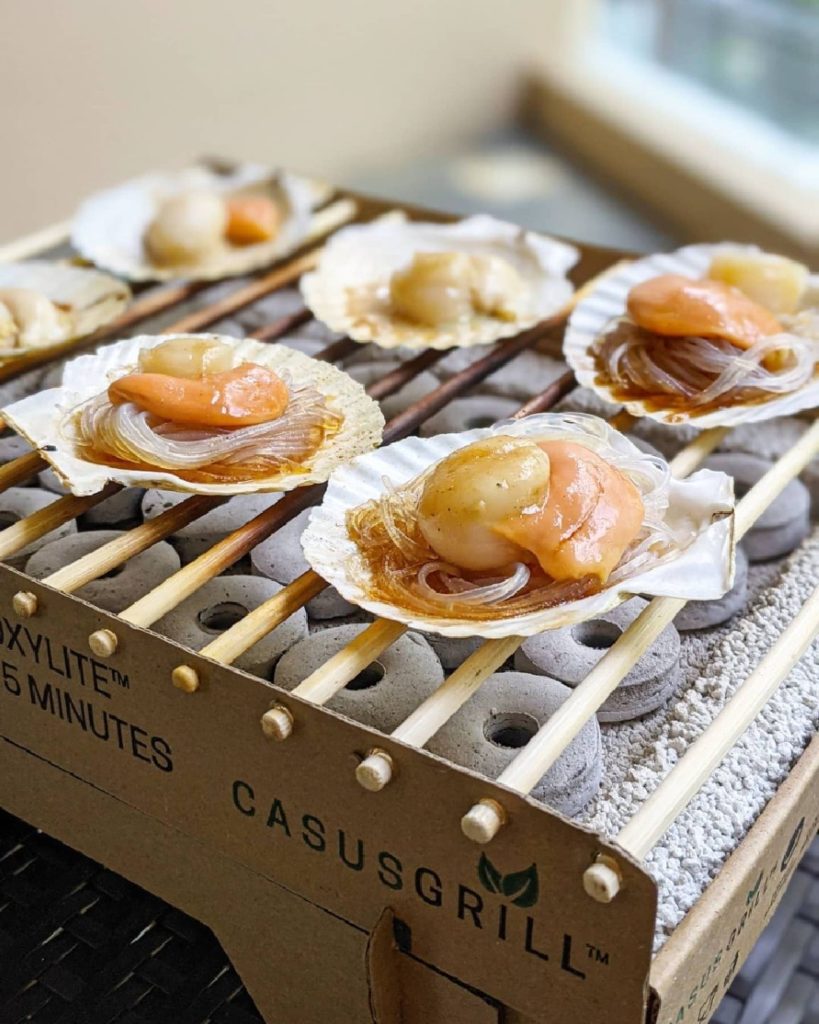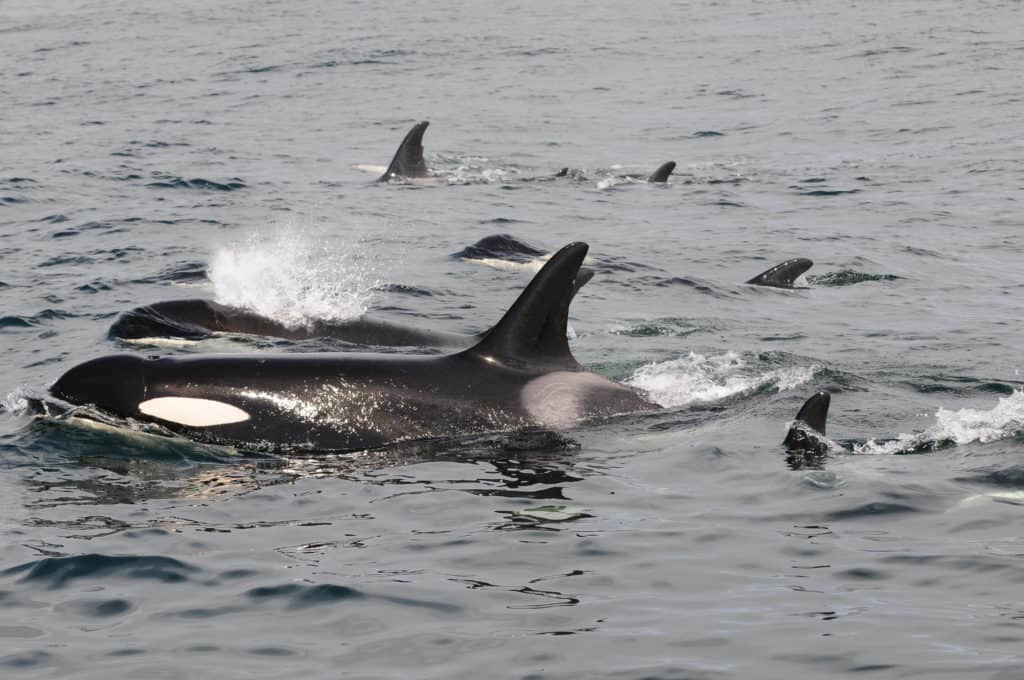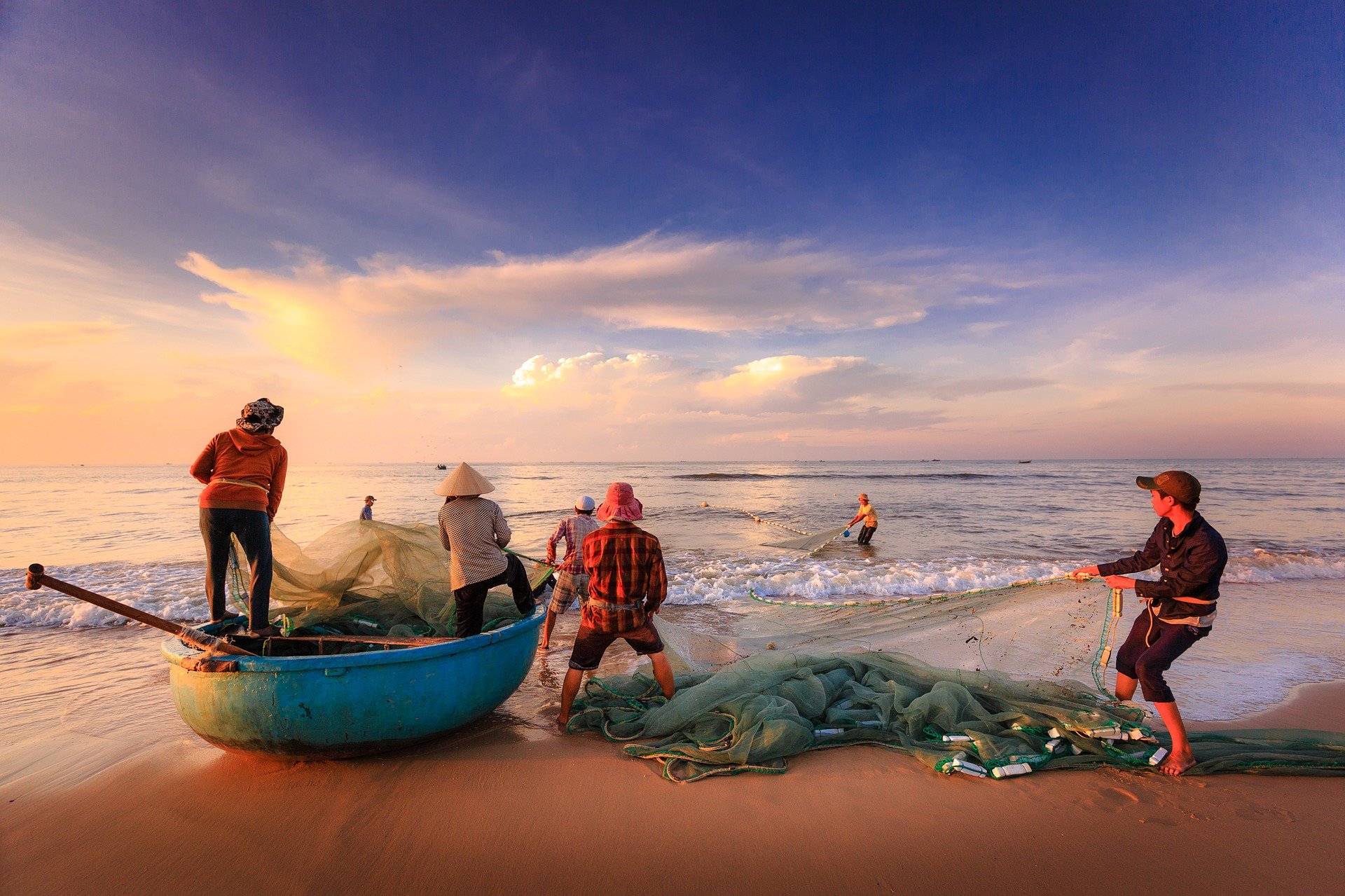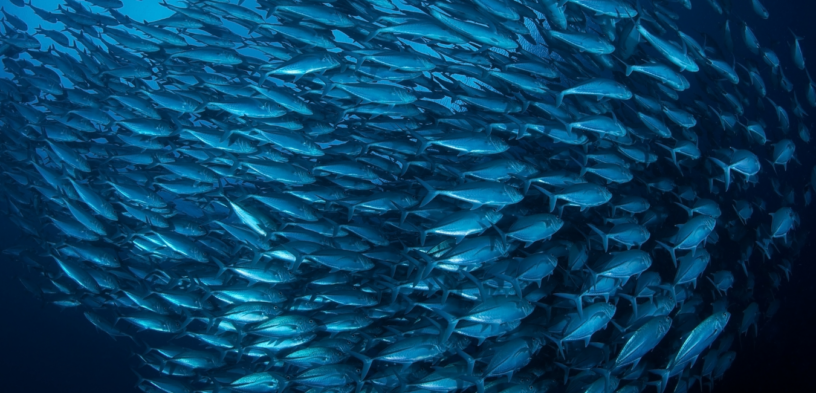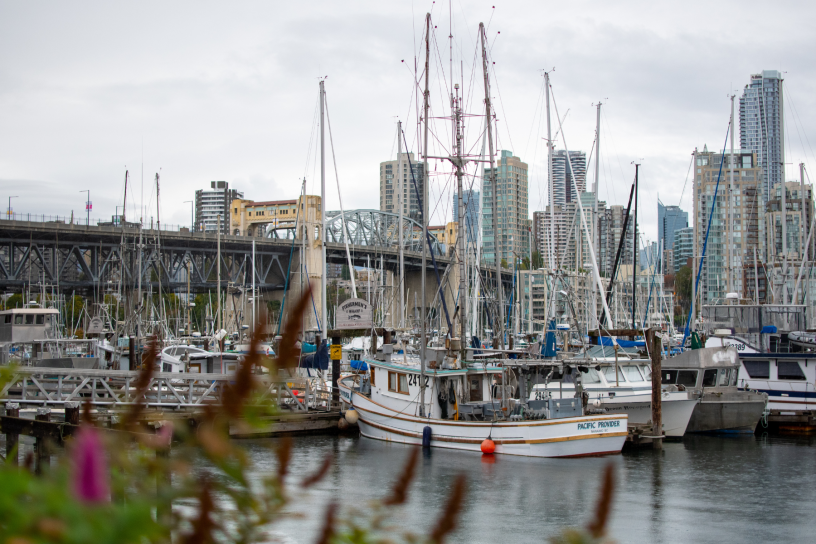Women in Small-Scale Fisheries
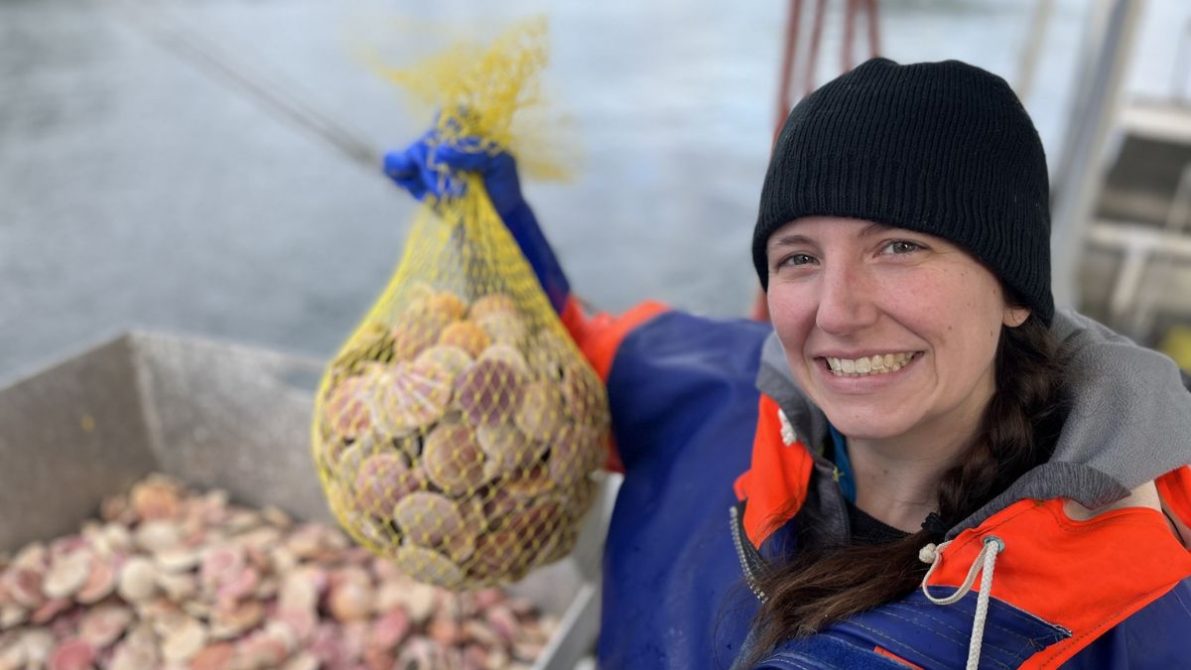
Small-scale fisheries, while frequently overlooked by policies and sustainability programs, play a crucial role in the global seafood economy. And with 45 million women employed and 987 million women relying on the essential nutrients provided by small-scale fisheries, their success is inextricably linked to women around the globe.
Women in Fisheries
Out of the 113 million individuals employed by and engaged in the small-scale fisheries industry, women account for almost 50%.
Studies show women are primarily involved in post-harvest and subsistence fishing activities globally, but they also account for 15% of the pre-harvest activity workforce (such as net and supply repair) and 19% of global commercial harvesting.
At Ocean Wise, we’re privileged to work alongside many women leaders in the small-scale fisheries space, including Sonia Strobel and Melissa Collier.
As the co-founder of Skipper Otto, Sonia Strobel is making waves for the development of community-based food systems with her creation of one of the world’s first Community Supported Fishery. Her innovative sustainable seafood subscription model is cultivating a unique partnership between fishers and consumers that guarantees harvesters a fair price for their catch while also protecting traditional ways of life on B. C’s coast.
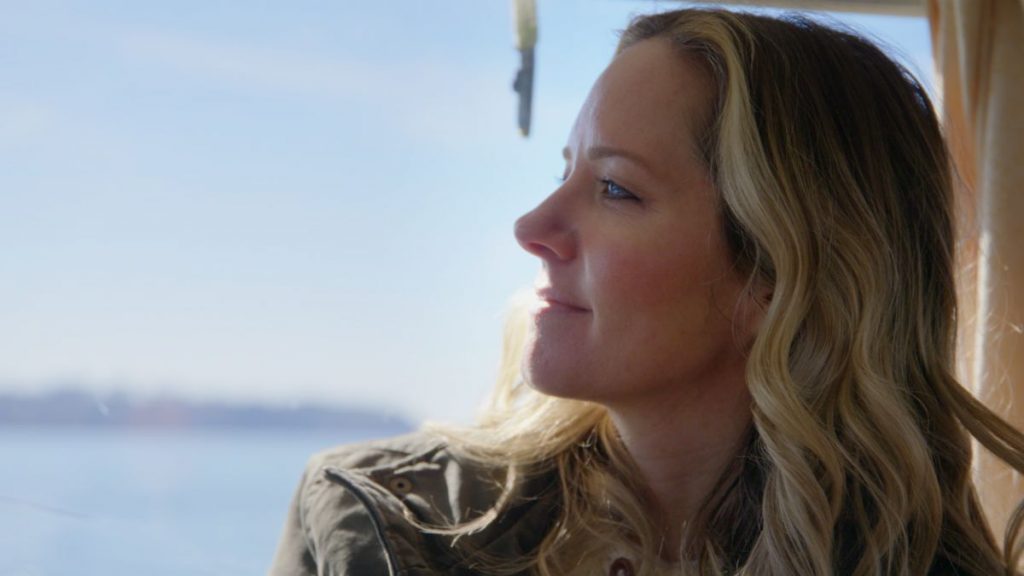
Melissa Collier currently fishes part time while also managing the logistics and sales for the business she owns with her husband, West Coast Wild Scallops. While Melissa didn’t grow up around fishing like her husband, she is a passionate advocate for fishery education and supporting small-scale and local fishermen, women, and families.
“[My husband Joel] is the fourth generation in a family full of fishermen and women. The women in his family have always been part of the fishing industry, whether on the boat or on shore. While I may have married into this family, I am honoured to continue the legacy of women in the fishing industry and raising the next generation of fishing kids.”
Melissa Collier
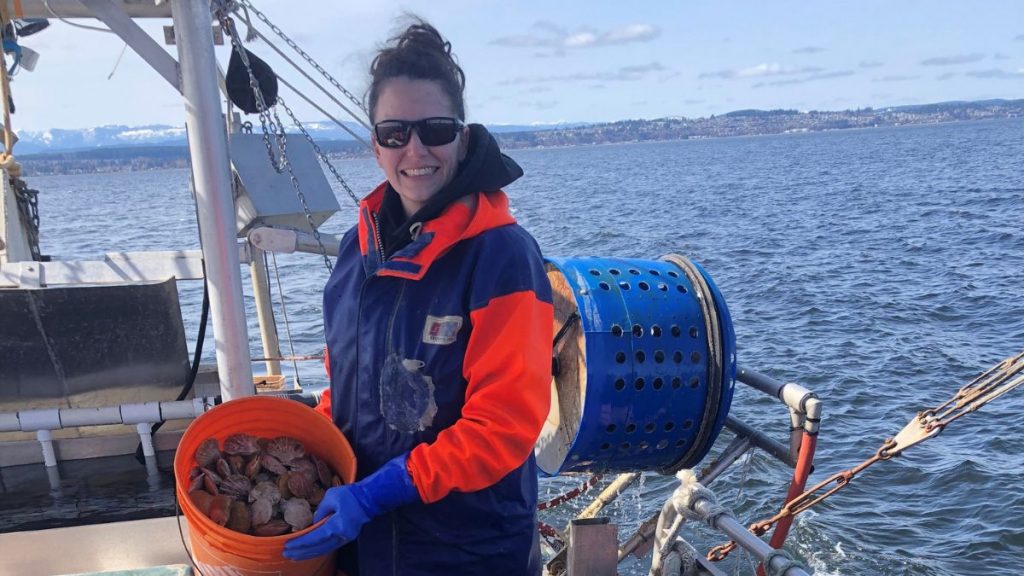
What Are Small-Scale Fisheries?
Small-scale fisheries encompass both fishers harvesting without a boat, as well as fisherfolk with vessels no larger than 15 metres in length. However, despite their size, small-scale fisheries contribute at least 40% of the global catch and account for 90% of employment in the fishing industry.
But beyond employment opportunities and economic benefit, they also support local food security and traditional ways of life for communities worldwide. For many coastal communities, fishing connects people not just with their environment, but with each other as well.
Unfortunately, small-scale fisheries are currently at risk, due to both the impacts of climate change as well as overfishing by large industrial operations with unsustainable practises. The decline of small-scale fisheries wouldn’t merely impact the global seafood economy; it would also jeopardize the livelihoods of thousands of communities and erode sustainable harvesting practices that have operated within these communities for a very long time.
Many small-scale fisheries naturally act as stewards for our ocean due to their reliance on the health of ocean ecosystems. Because these fisheries operate at the level of local ecosystems, they are generally more sustainable than their large-scale industrial counterparts.
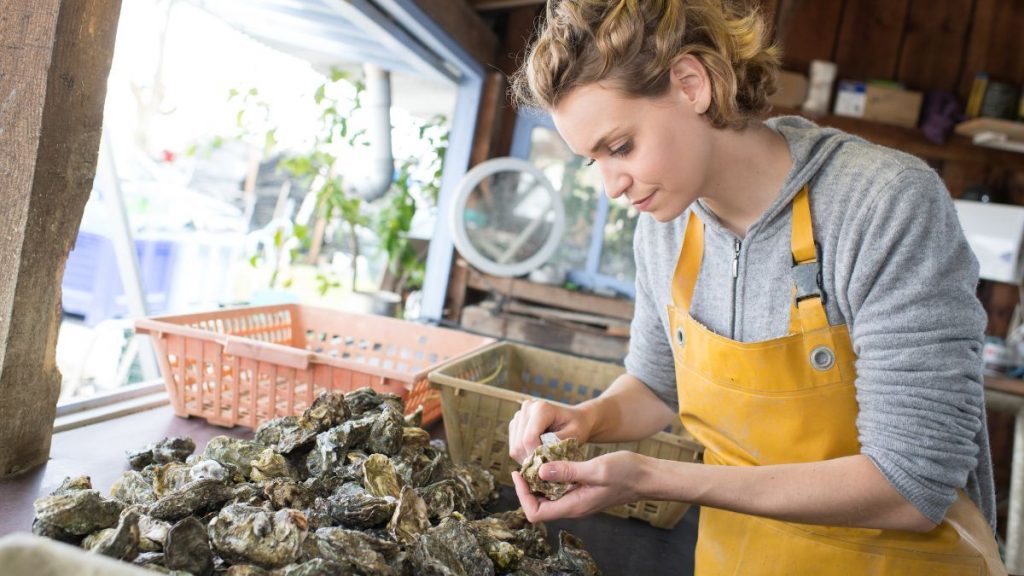
The Importance of Supporting Small-Scale Fisheries
Unfortunately, the contributions of small-scale fisheries to the global seafood economy are often overlooked, and the problem is amplified when it comes to the work women do in the small-scale fisheries industry.
Overlooking small-scale fisheries and the labour performed by women in the industry does not just minimize their important contribution to the global seafood economy, it is also detrimental to the survival of coastal communities worldwide.
To adequately support small-scale fisheries, we must recognize their contribution to the global catch and economy, as well as increase their involvement in sustainable seafood programs for improved access to market.
Consumers having the ability to purchase seafood produced by community-based fisheries supports more than just the 60 million individuals employed by the industry. When we empower these community fisheries, we empower entire communities.
Ocean Wise is committed to working with small-scale fisheries to break down the barriers of entry into the sustainable seafood space and connect these fishers with market opportunities for more economic development and empowerment. Learn more about the Ocean Wise Sustainable Seafood Program and where to find Ocean Wise Recommended seafood here.
Posted March 7, 2024 by Kim Bricker
